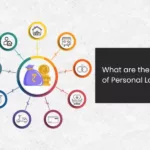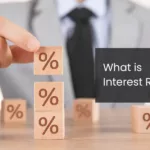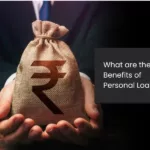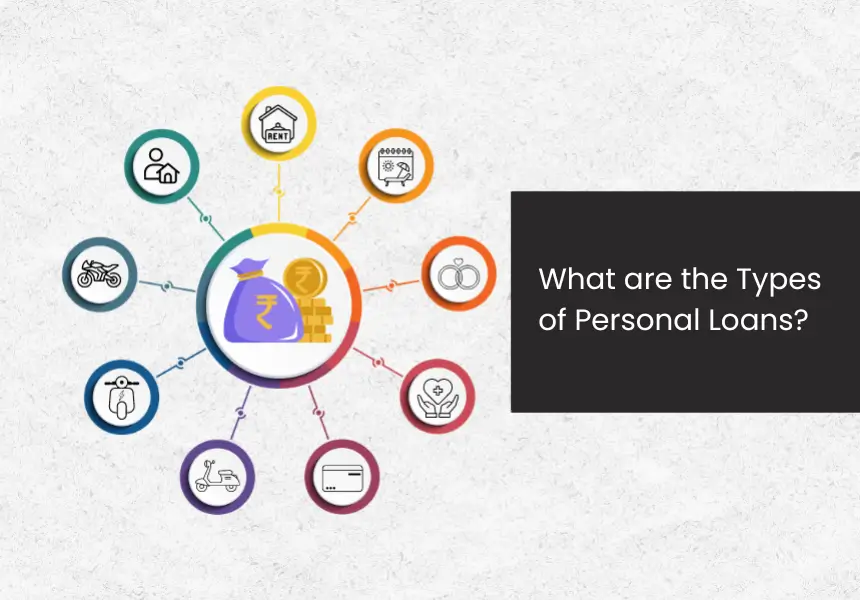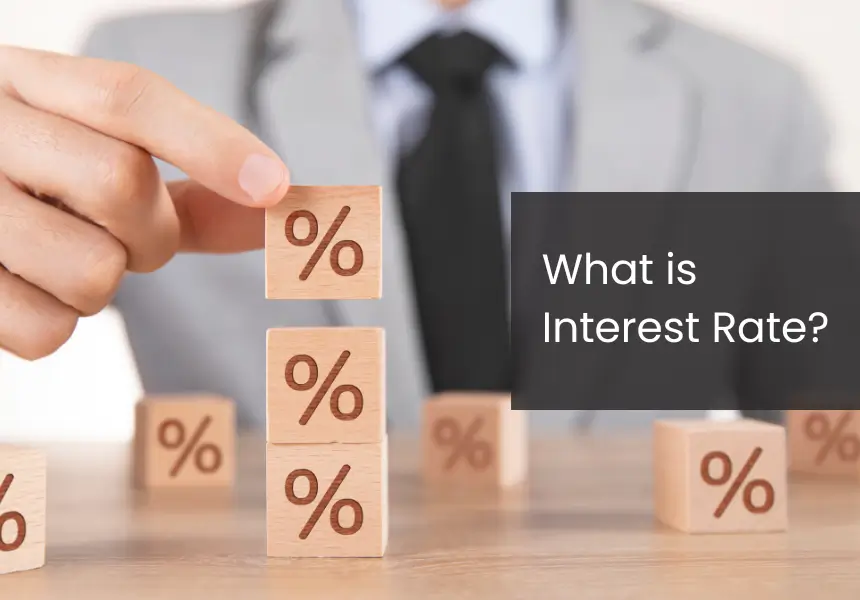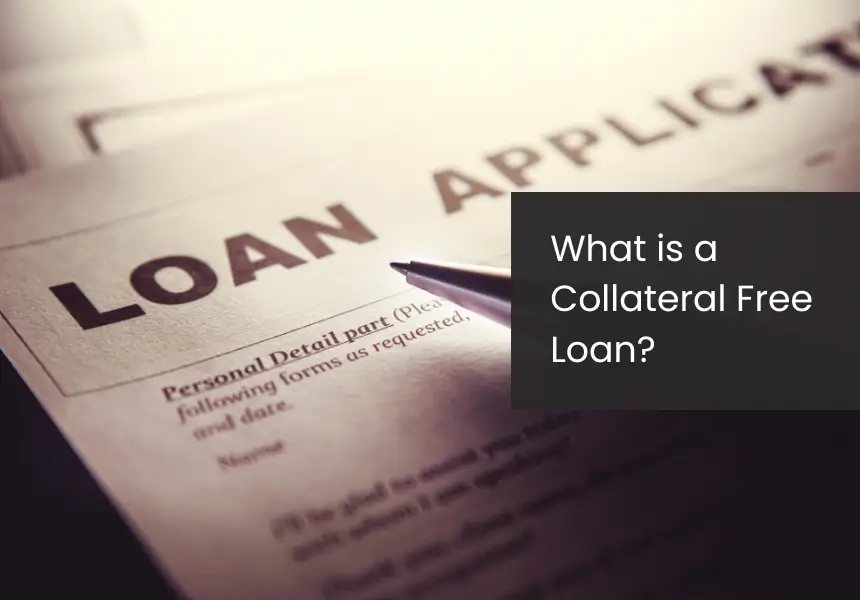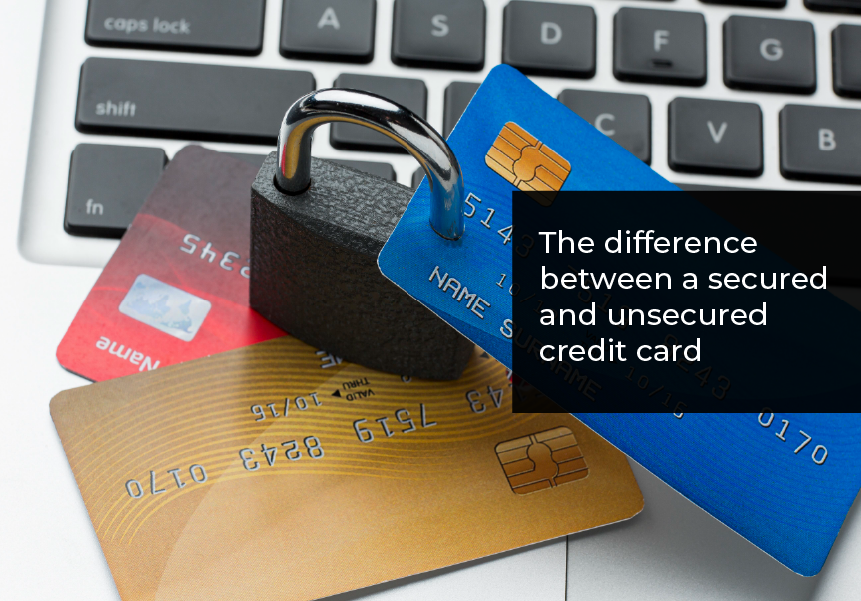
In today’s fast-paced world, secured credit cards have become an essential financial tool for most people, especially those with Secured Personal Loans for Bad Credit. They not only offer convenience and flexibility when it comes to making purchases but also come with the added benefit of earning rewards on everyday transactions. One such popular credit card option is the secured credit card, which is becoming increasingly popular among consumers due to its ability to help build credit profiles and Credit Scores. The primary difference between secured and unsecured credit cards is the deposit consumers must make with the bank, which serves as collateral for the credit limit. The more elite the card, the greater the benefits it offers. Secured credit cards are a great choice for people trying to build or repair their credit histories and secure Loans.
What is a Secured Credit Card?
A secured credit card is a financial tool that helps people with poor or no credit history to build or improve their credit scores. The card requires a cash deposit as collateral, which is used as security in case the cardholder fails to make payments. The credit limit for a secured card is typically equal to the amount of the deposit. Secured loans and credit scores are closely linked, and borrowers who make their payments on time may see a significant improvement in their credit scores over time. Secured credit cards are a great option for individuals who want to build credit, as they offer a way to establish a positive credit history without taking on too much risk.
What Is an Unsecured Credit Card?
Unsecured credit cards are those in which the borrower is not required to offer the lender any security or collateral. Instead, the lender evaluates the borrower’s creditworthiness and financial history to determine whether they qualify for the loan. Typically, unsecured loans have higher interest rates than secured loans because the lender assumes a greater `risk by lending money without any collateral. Unsecured loans, such as personal loans upto 10 lakhs, are commonly used to finance small purchases or emergencies and can be a good option for those who do not have assets to pledge as collateral.
Difference Between Secured And Unsecured Credit Cards
When availing of a credit card, it is important that you make an informed decision. Here is the difference between secured and unsecured credit cards so that you know which one to choose.
| Particulars | Secured Credit Card | Unsecured Credit Card |
| Minimum Credit Score Required | No or minimum credit score is required | 750 and above have a higher chance of availing an unsecured credit card |
| Location | Typically accessible at all branches of the issuing bank within the service area. However, the Step Up Credit Card is available anywhere in India. | Usually available at a selected location of the issuing bank |
| Income | No Income check Required | Cards are issued only if the applicant’s income falls under eligibility criteria |
| Occupation | No occupation check Required | An occupation check is done as part of the credit assessment process |
| Employer’s Profile Check | Employer’s profile check is not required | An employer’s profile check is done as part of the credit assessment process |
| Collateral | The applicant has to open an FD account, pledge as collateral, or have to provide any asset as collateral | No collateral required |
| Credit limit | Usually, 80% – 1005 of FD | Depends on the applicant’s credit profile |
Which Credit Card is Right For You: Secured or Unsecured
It might be difficult to choose the best credit card, especially if you are unfamiliar with the world of credit. One of the main decisions you will need to make is whether to go for a secured or unsecured credit card. Unsecured credit cards rely entirely on the borrower’s creditworthiness; secured credit cards demand a deposit as collateral to protect the credit line. Secured credit cards are ideal for those with little to no credit history or a poor credit score, while unsecured credit cards are better suited for those with good credit. Unsecured credit cards usually come with better rewards and benefits but often have higher interest rates and fees. Unsecured personal loans for bad credit can also be a good option for those with poor credit scores who need to borrow money. Ultimately, the right credit card or loan for you will depend on your financial situation, credit score, and spending habits. It’s essential to do your research, compare credit card and loan options, and choose a product that fits your needs and budget.


